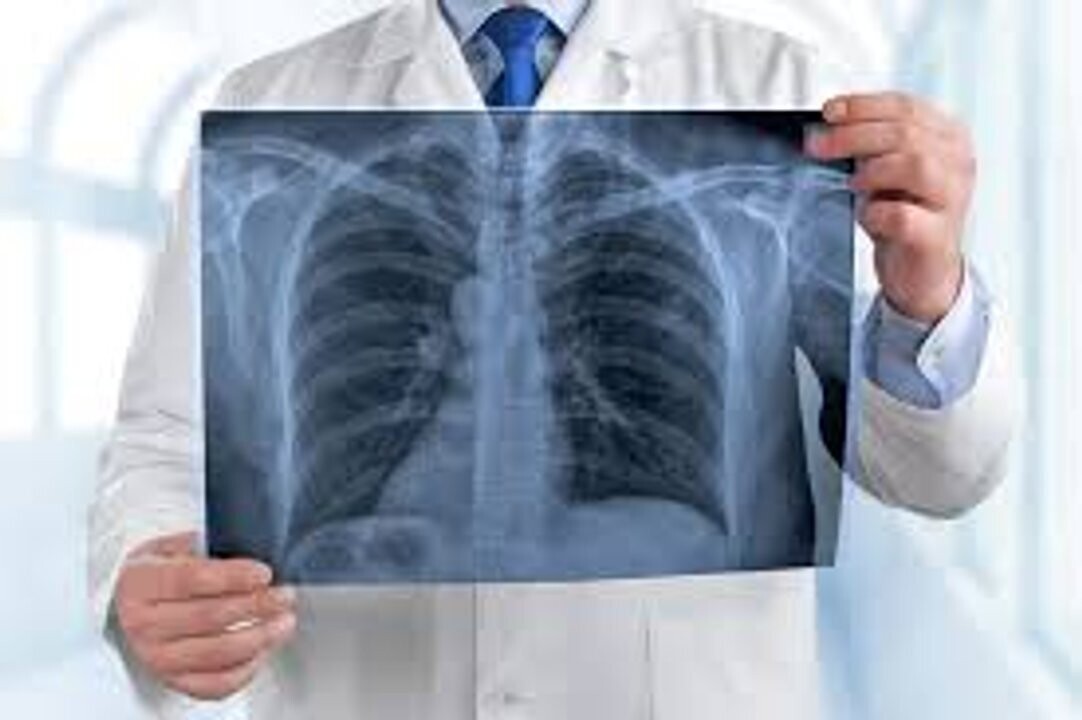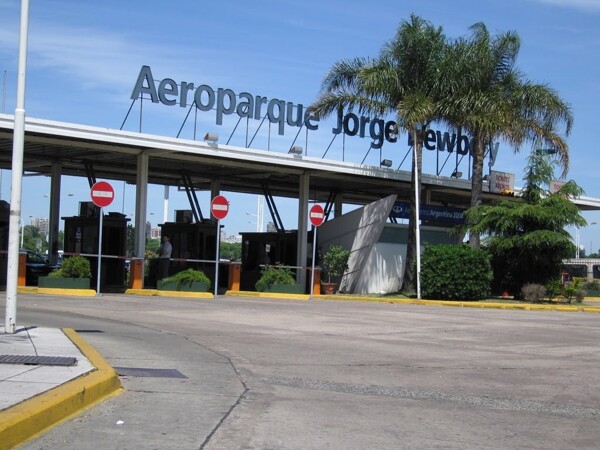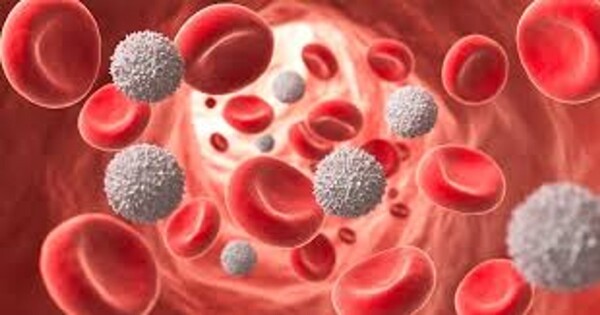
Lung cancer causes around 10,000 deaths per year in Argentina. To combat it, the health system allocates 1 in every 5 dollars destined for the treatment of all types of cancer. This disease not only has a devastating impact on the health of patients but also on their economy and that of their families.
Two studies conducted by the Institute of Clinical Effectiveness and Health (IECS), linked to the Faculty of Medicine of the University of Buenos Aires (UBA), revealed concerning figures. One of the studies employed mathematical modeling to estimate the direct economic burden attributable to lung cancer in Argentina. It was estimated that in 2023, this figure would reach US$556.2 million, representing 1.4% of the total health expenditure of the country.
A second study analyzed the experience of 131 patients with advanced-stage lung cancer in hospitals in Buenos Aires and La Plata. It was discovered that nearly half of the patients experienced a decrease in their income, 16% lost their jobs, and 68% suffered from "financial toxicity" caused by the high cost of medical care.
The economic impact of lung cancer is also felt by families, with expenses that include consultations, treatments, hospitalizations, and medications. Dr. Alcaraz and her team note that nearly 80% of lung cancer cases in Argentina are due to smoking and that this disease shortens the lives of approximately 179,000 people each year.
Andrea Alcaraz, coordinator of Health Technology Assessment at IECS, emphasizes the importance of addressing this public health issue. She underscores the need for interventions that support equitable access to medical care, improve the effectiveness of health services, and increase public awareness about the disease.














